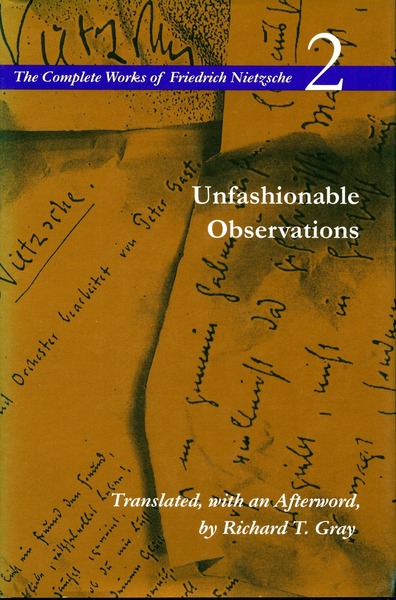Scorched Earth - Aeon Magazine
Continuing with today's parade of happy thoughts.
As dark as the prognosis in this article is, I think it may perhaps not be gloomy enough.
We're facing an era of increased resource wars. We already have them--it's the story of the Middle East and of the Middle Asian
-stans since at least 1980s. Just wait until the battle isn't just over energy to fuel modern civilization, but a desperate scramble for the fresh water needed for life itself.
Toss in an intensification of the already-present apocalyptic religion (not necessarily referring to one in particular--there's a bewildering buffet of old- and new-fangled options). With access to nuclear weapons. (Much of the old Soviet arsenal is in Kazakhstan, and too much of it is unaccounted for--just one example.)
Or how about the nanotechnology we may develop and deploy to address the problems? There's the "gray goo" scenario: out of malevolence, or just for the LOLZ, that technology gets hacked to destroy the matter it comes into contact with.
I would say it's more likely than not that most of life on earth, including most of humanity, won't survive the next hundred years. If we are "lucky" in a very relative sense, then humanity will carry on in either of two precarious scenarios: 1) a small contingent (closer to a million, perhaps, than the 500 million the author speculates) in enclosed communities on the cooler edge of a very hot and dying planet, or 2) a few groups taking the "Hail Mary" chance of setting out in spaceships, not knowing where they will go, or if they'll find the resources to carry on for more than a few months, but finding this chance the best of their desperate options.
I've asked myself, what is the role of philosophy, with such a prospective future? What is its point?
There are three possible answers:
- To help preserve the work of those thinkers worth preserving. Be the librarians, promoters, and teachers, so that what they have done has a chance of being remembered and carried forward.
- More generally, send messages, wisdom, to whoever might make it through the dark age to come. To give them whatever tools might avail them to re-build civilization, one that duly chastened by the near-destruction of everything earthly, may actually have gained enough wisdom to cooperate on building something to last.
- To learn about and philosophize upon the vastness, the infinitude of beauty beyond the earth, that which will survive long past whatever happens on this one planet. To attest that life carries on, be it organic life on other worlds, or the inorganic "life" of those worlds themselves, or their stars, or galaxies, or of the universe itself. Maybe along the way we'll learn about nearby parallel universes, perhaps one in which we learned to love the beauty of our world rather than relentlessly defoul, devour, and destroy it.
One that I've come to believe is not an answer: seeking the conceptual tools to argue for the prevention of what is to happen (for instance, by doing environmental philosophy). For one thing, we already know what's wrong. And we already understand the human frailties, vanities, and cupidities that brought us to this place. More important, though, as James Lovelock argues and an increasing number are coming to understand: we are already past the point of no return. It's too late to break now, we're going to hit the wall.

